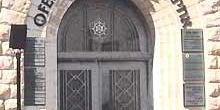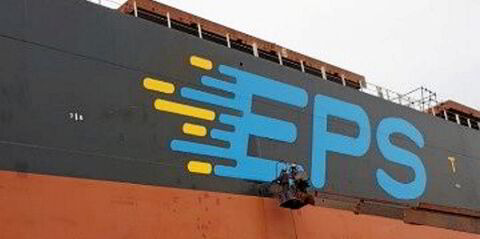The Ofer shipping empire is at the centre of a political storm close to home with at least one prominent member of the Knesset, Israel's parliament, demanding an official investigation and possible action over trading links with Iran.
Aryeh Eldad of the National Union, nationalist alliance has asked Israel’s attorney general to investigate if the sale of the 41,000-dwt tanker Raffles Park (built 1992) or ship visits to Iran contravene the country’s laws or regulations.

International law professor Yuval Shany of the Hebrew University of Jerusalem says US laws are tougher than those of Israel on trade with Iran. “As far as I can comprehend it is not clear whether the Ofer Brothers group has violated Israeli law,” he told the national media.
Another Knesset member, Shelly Yachimovich, of the Israeli Labor Party voiced fears that US sanctions against Ofer Brothers and Tanker Pacific could expand and damage the thousands of ordinary people who work for Ofer controlled companies in Israel.
Israel’s prime minister, Benjamin Netanyahu, has meanwhile denied claims that Ofer controlled ships had been given special authorisation to anchor in Iranian ports.
Israeli newspapers say the Ofer group have contracted the country’s foreign and defence ministries for help in getting US sanctions lifted but the former appears to have indicated it has no intention of intervening and the latter says the issue is not within its remit.
Tanker Pacific claims there were no indications at the time of the sale of the Raffles Park that the vessel would end up owned by an Islamic Republic of Iran Shipping Lines (IRISL) linked company.
Tanker Pacific said trade with Iran had only been a small part of its business activities and the company stopped transporting petroleum products into Iran in April 2010 several months before a US ban came into effect and in November 2010 stopped lifting crude although this continues to be a legitimate trade.


